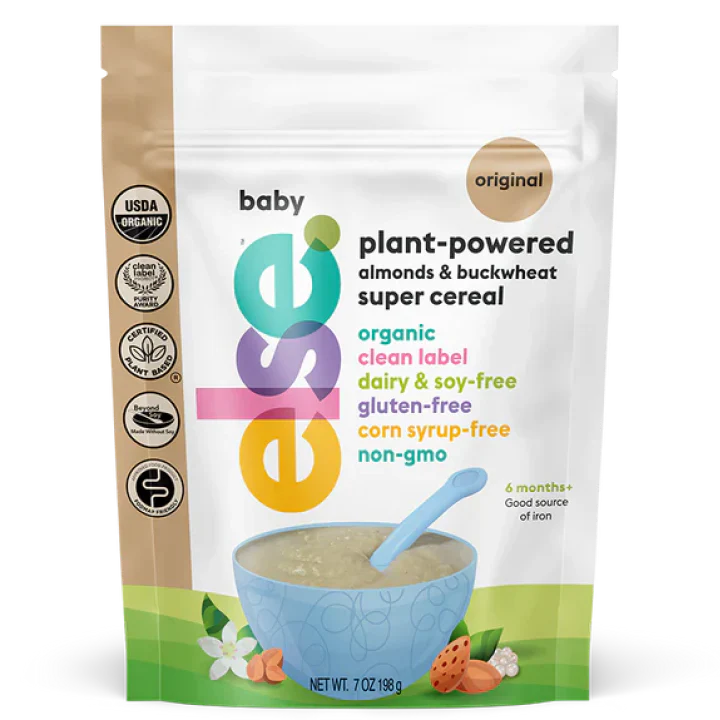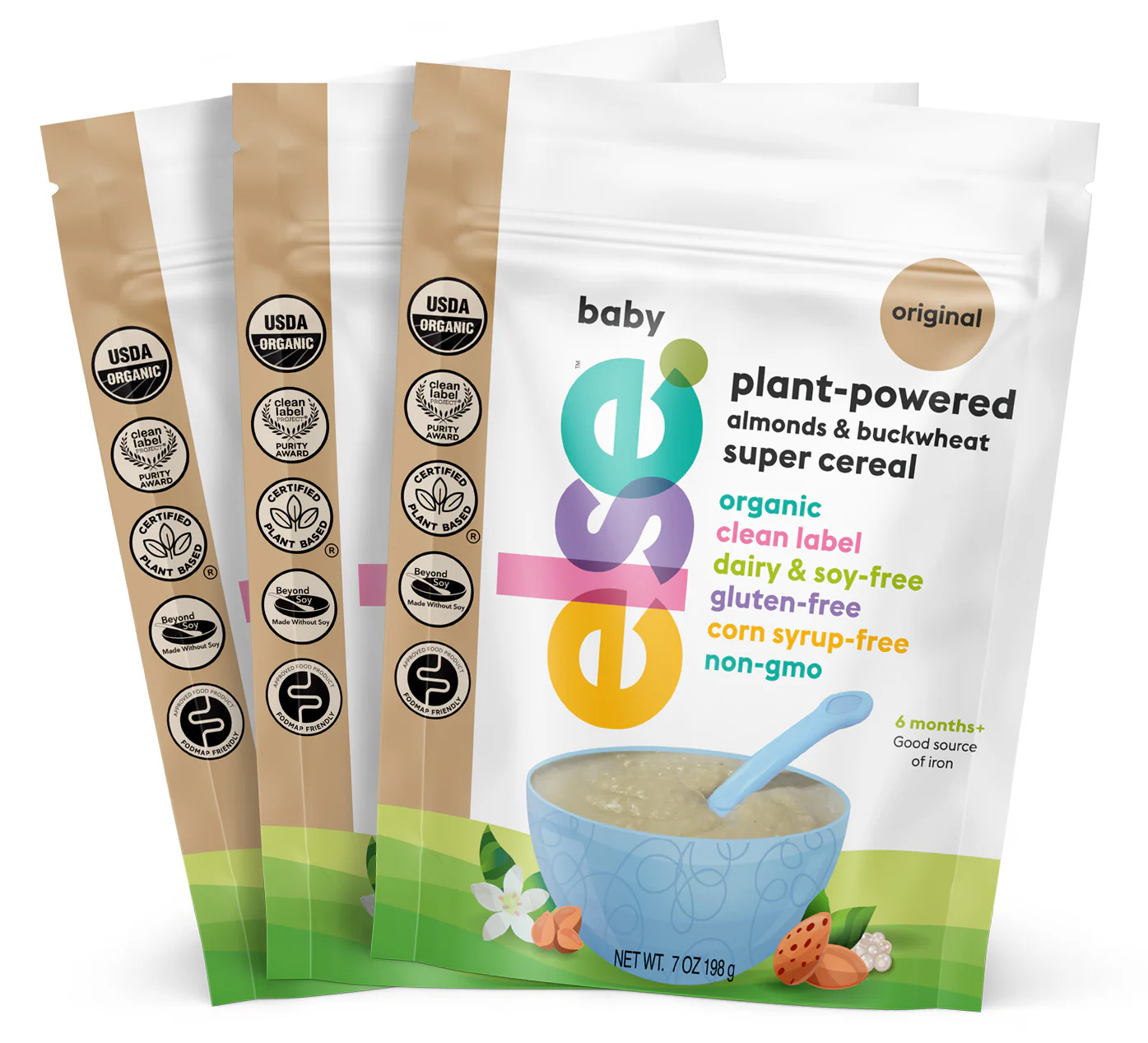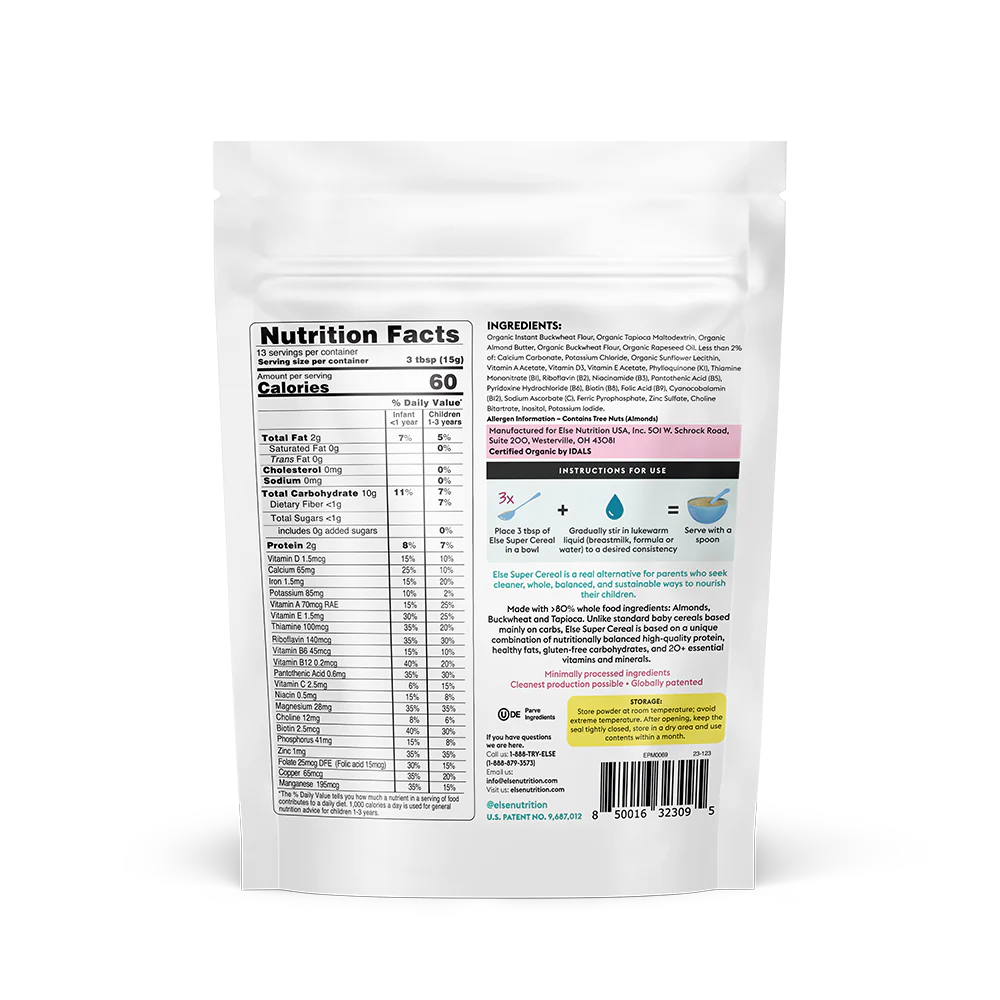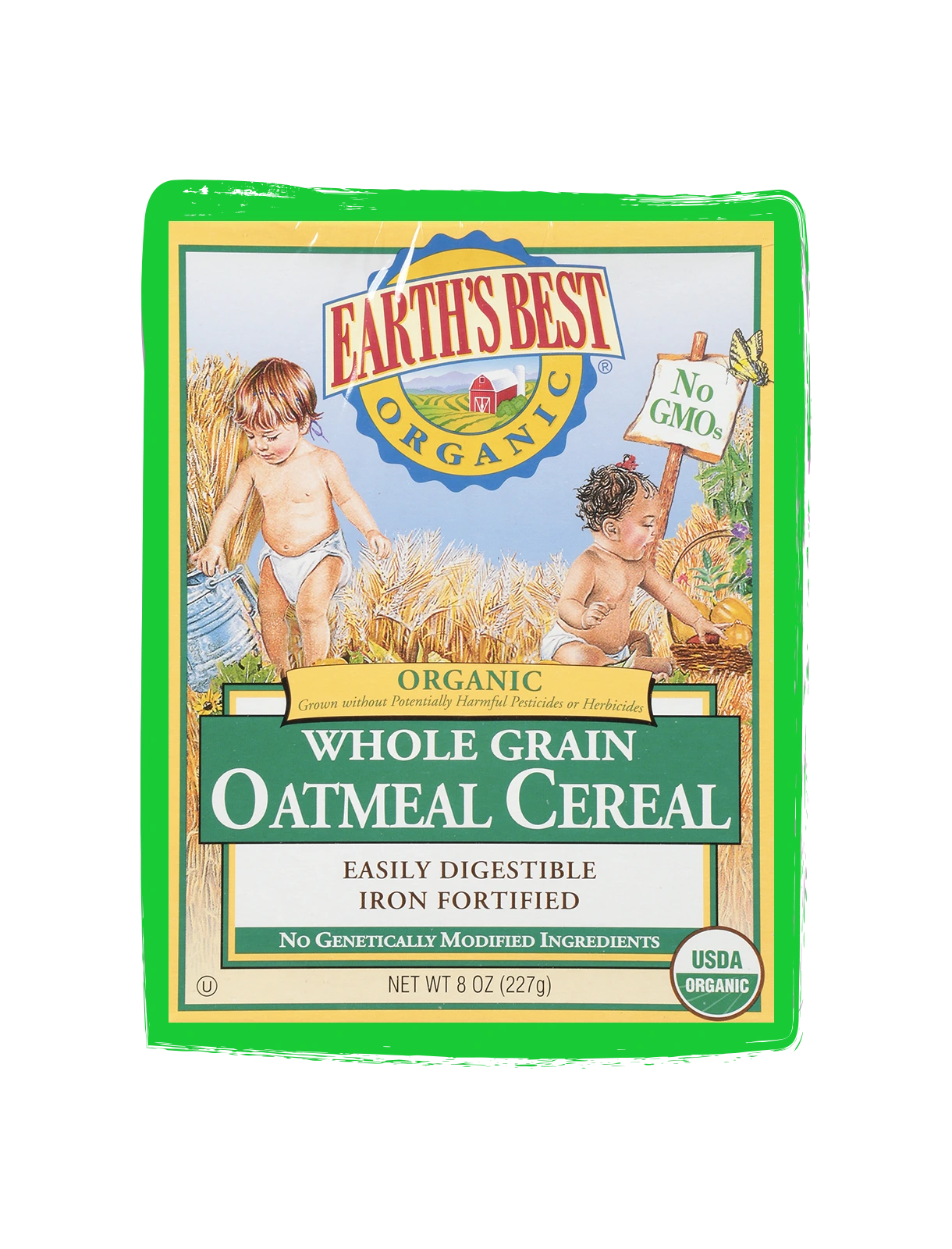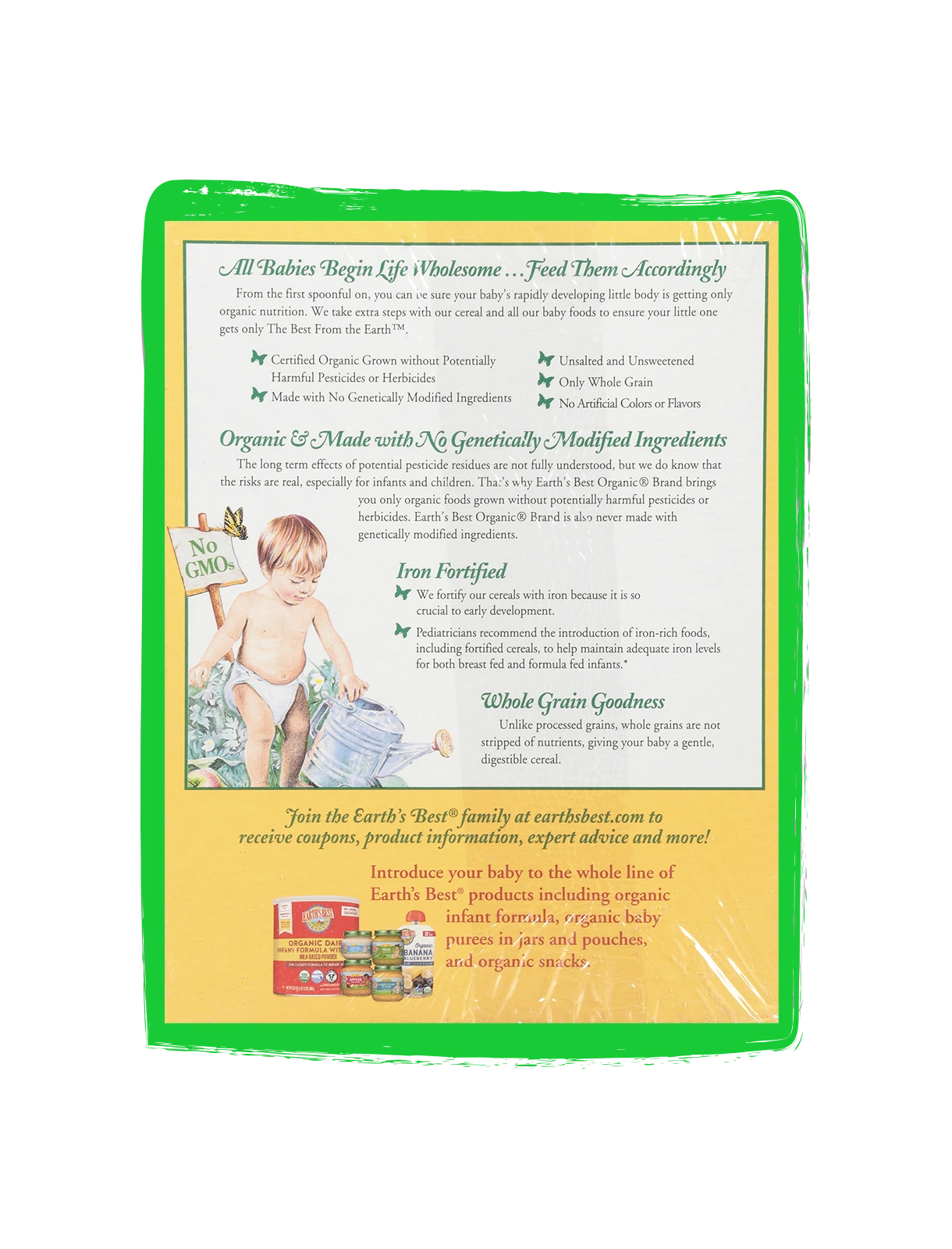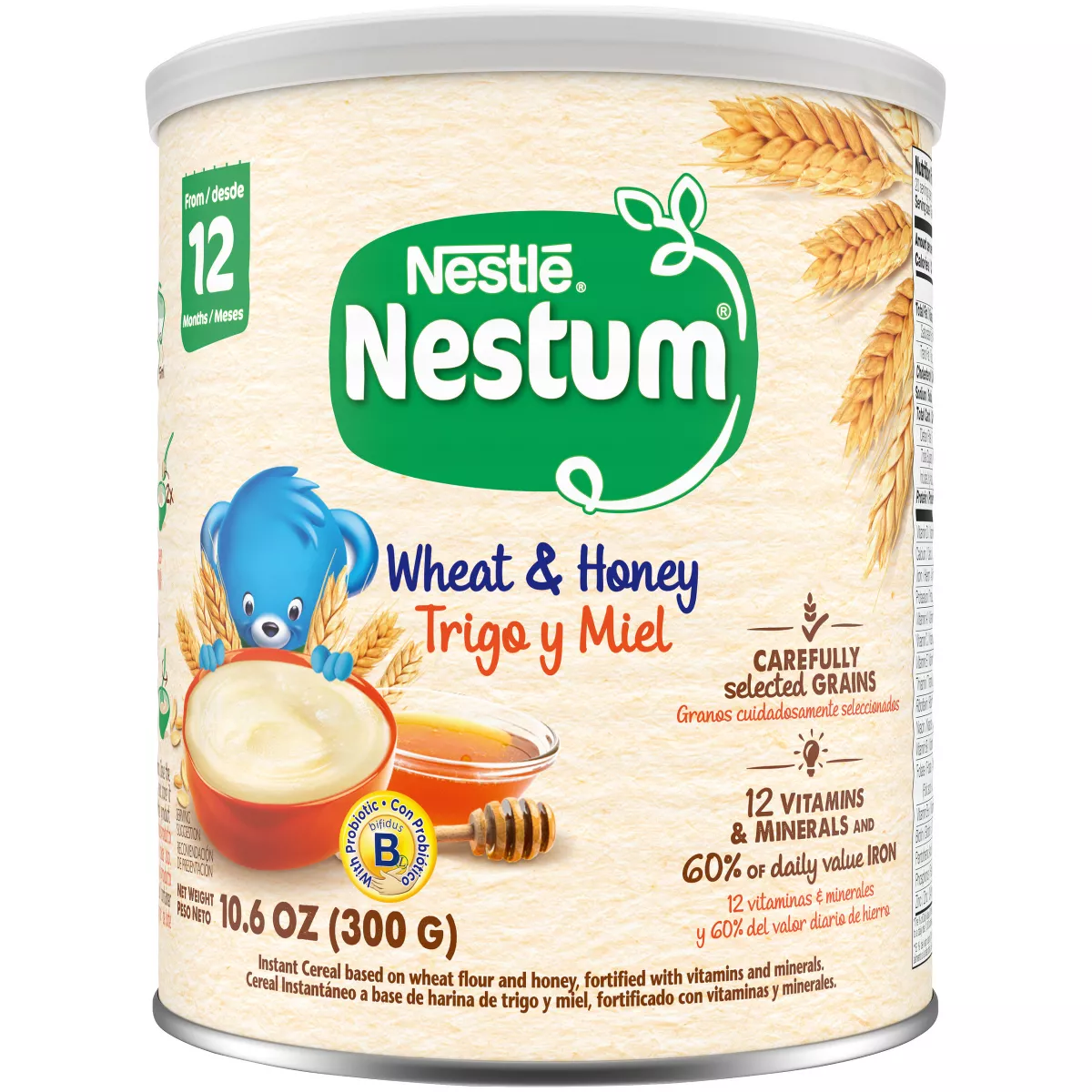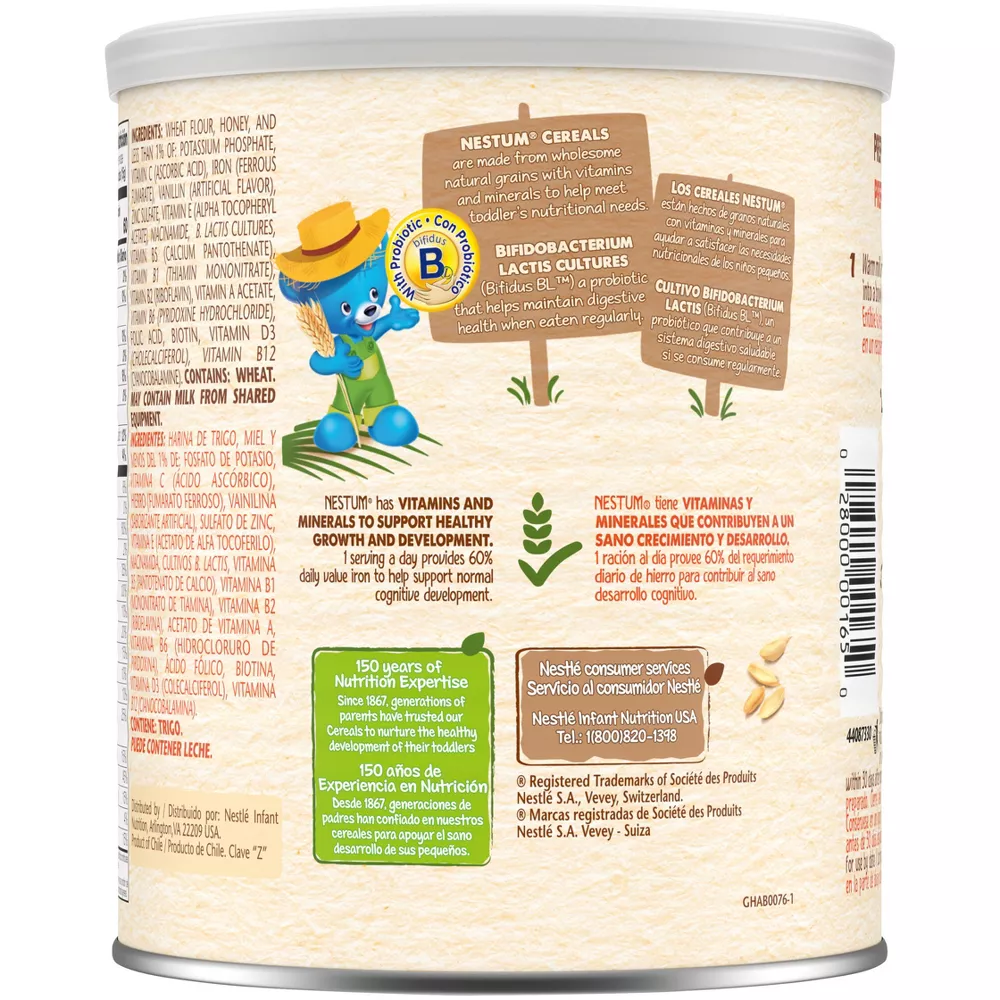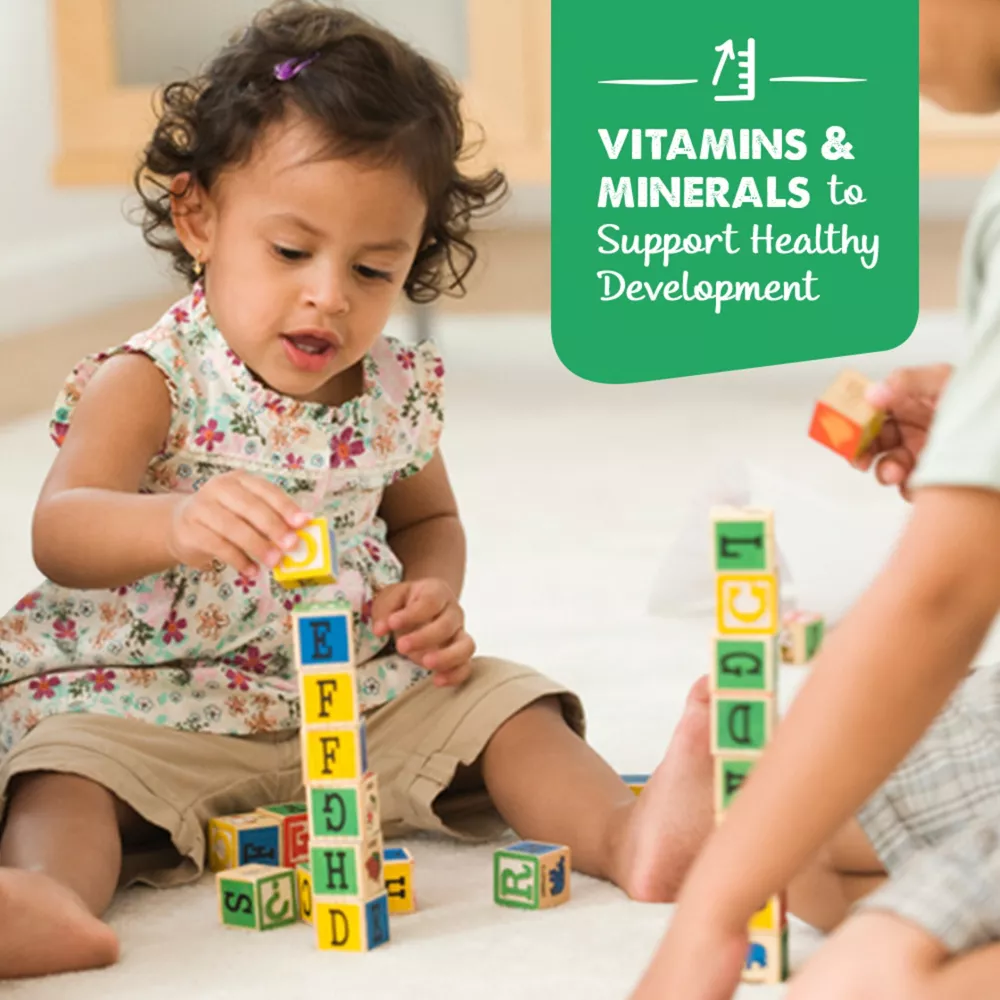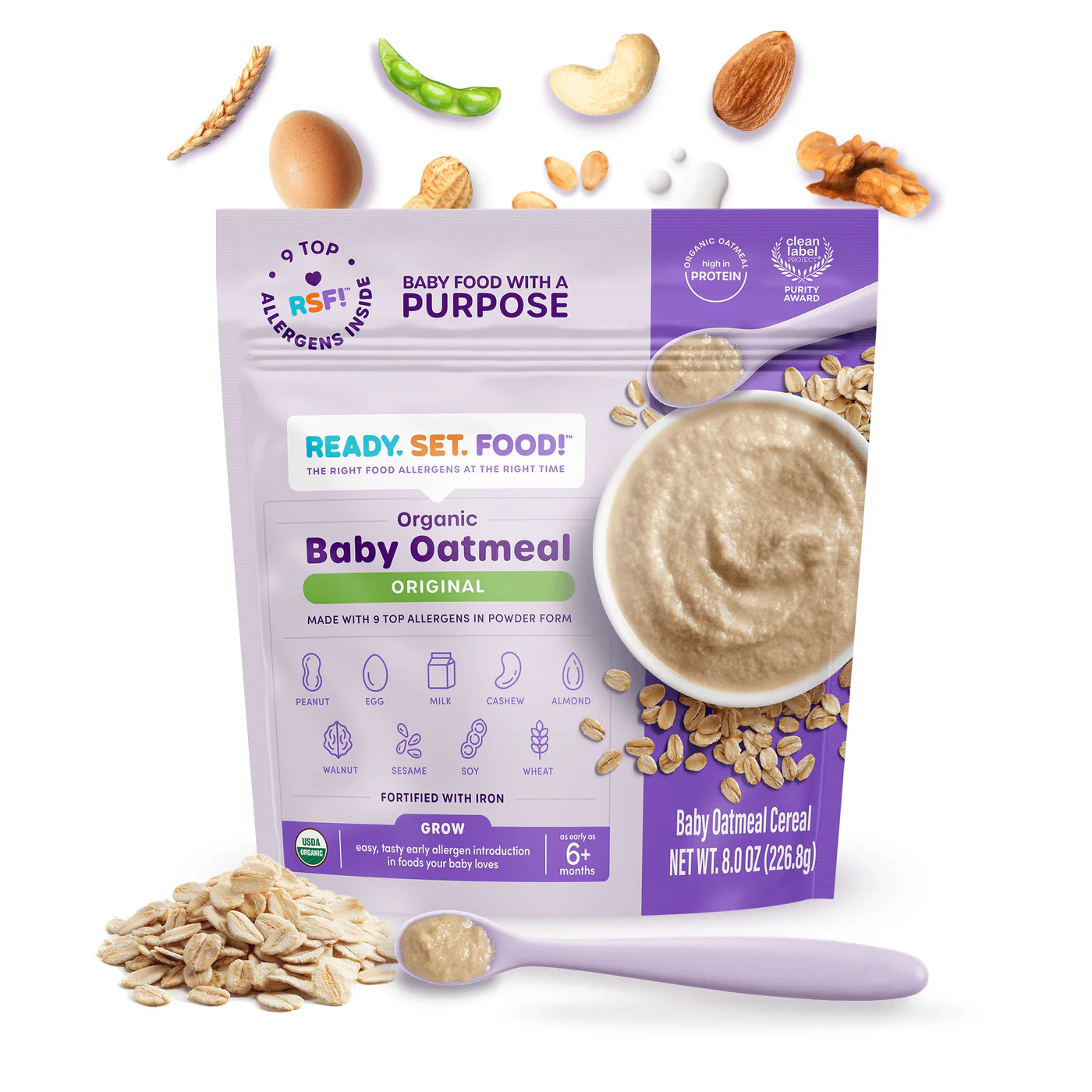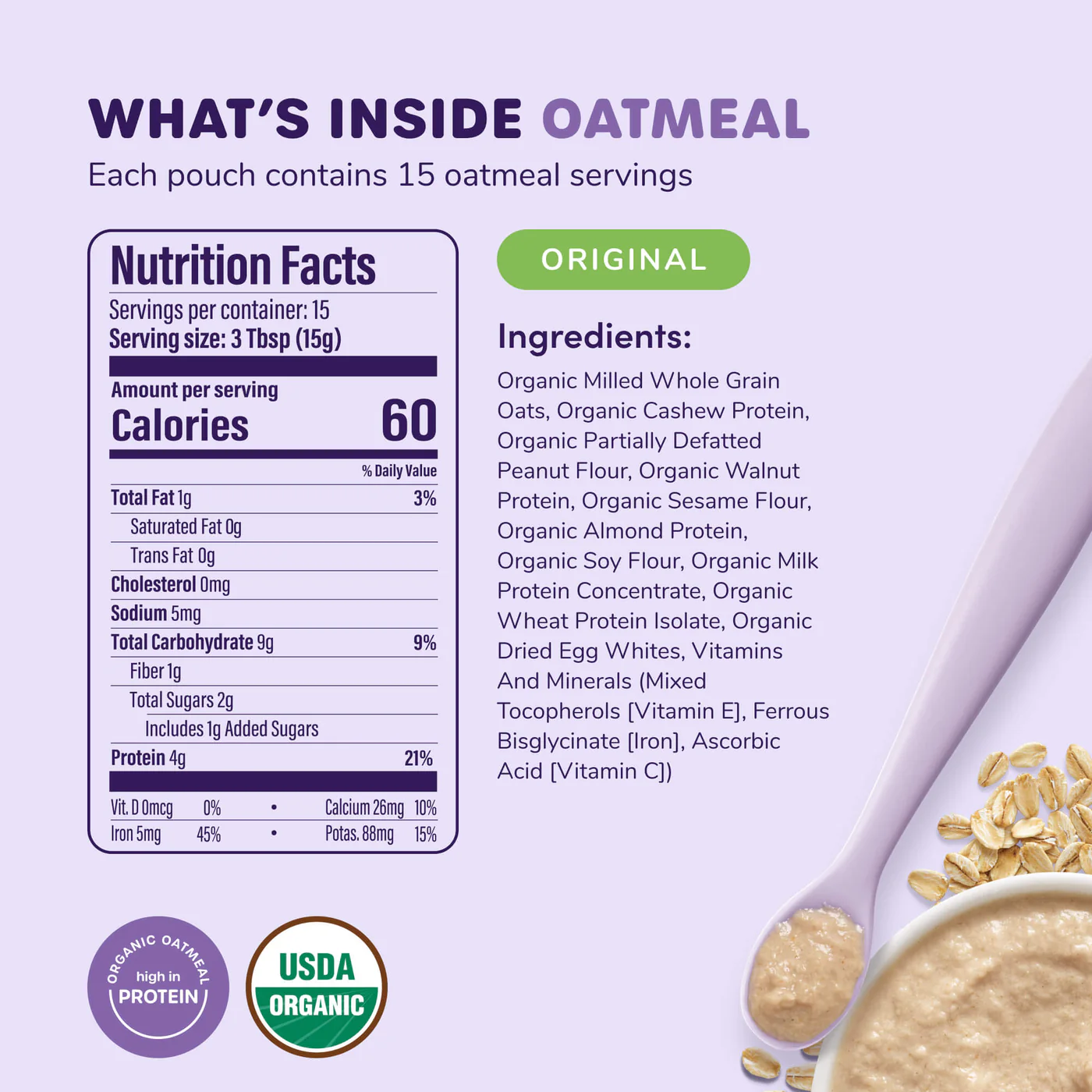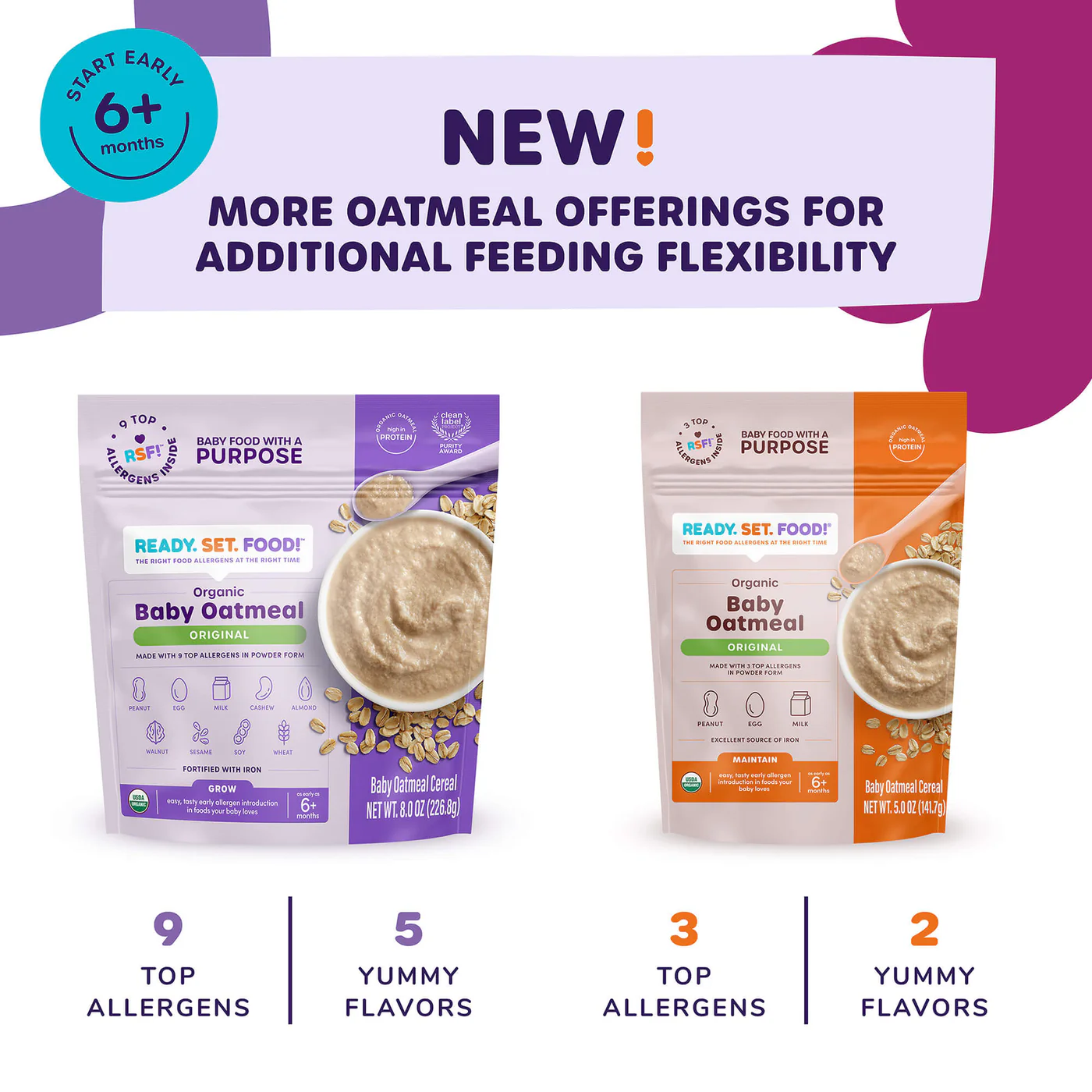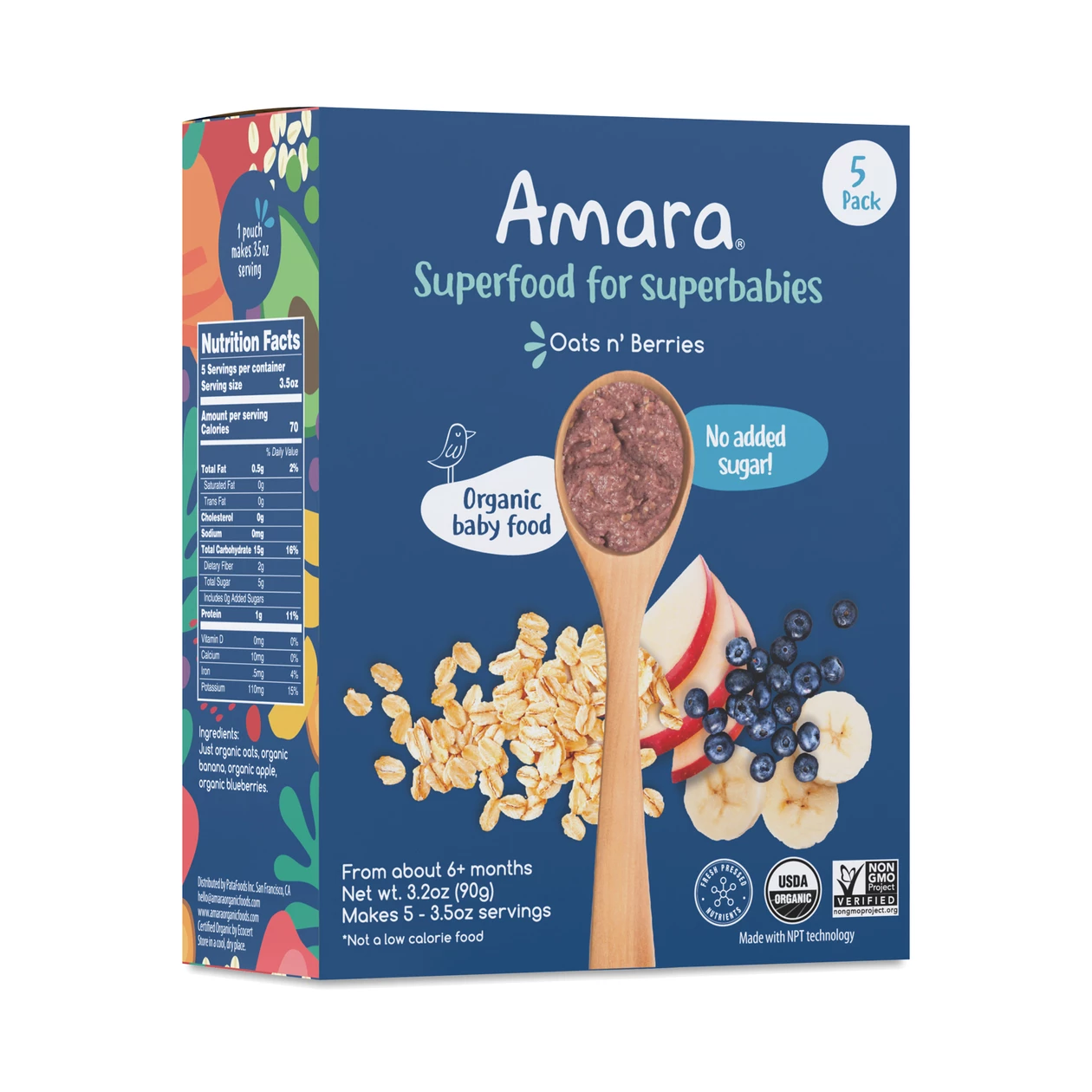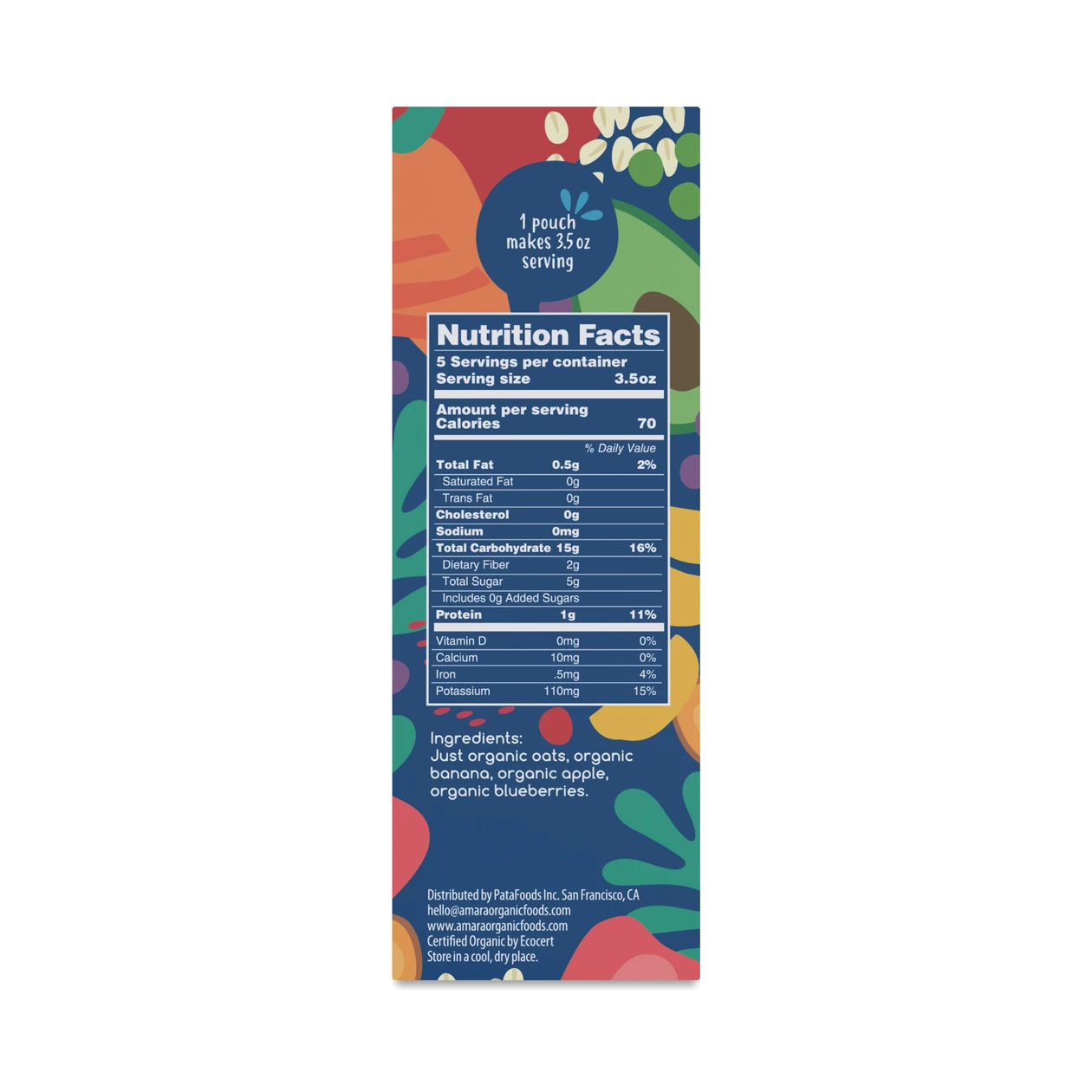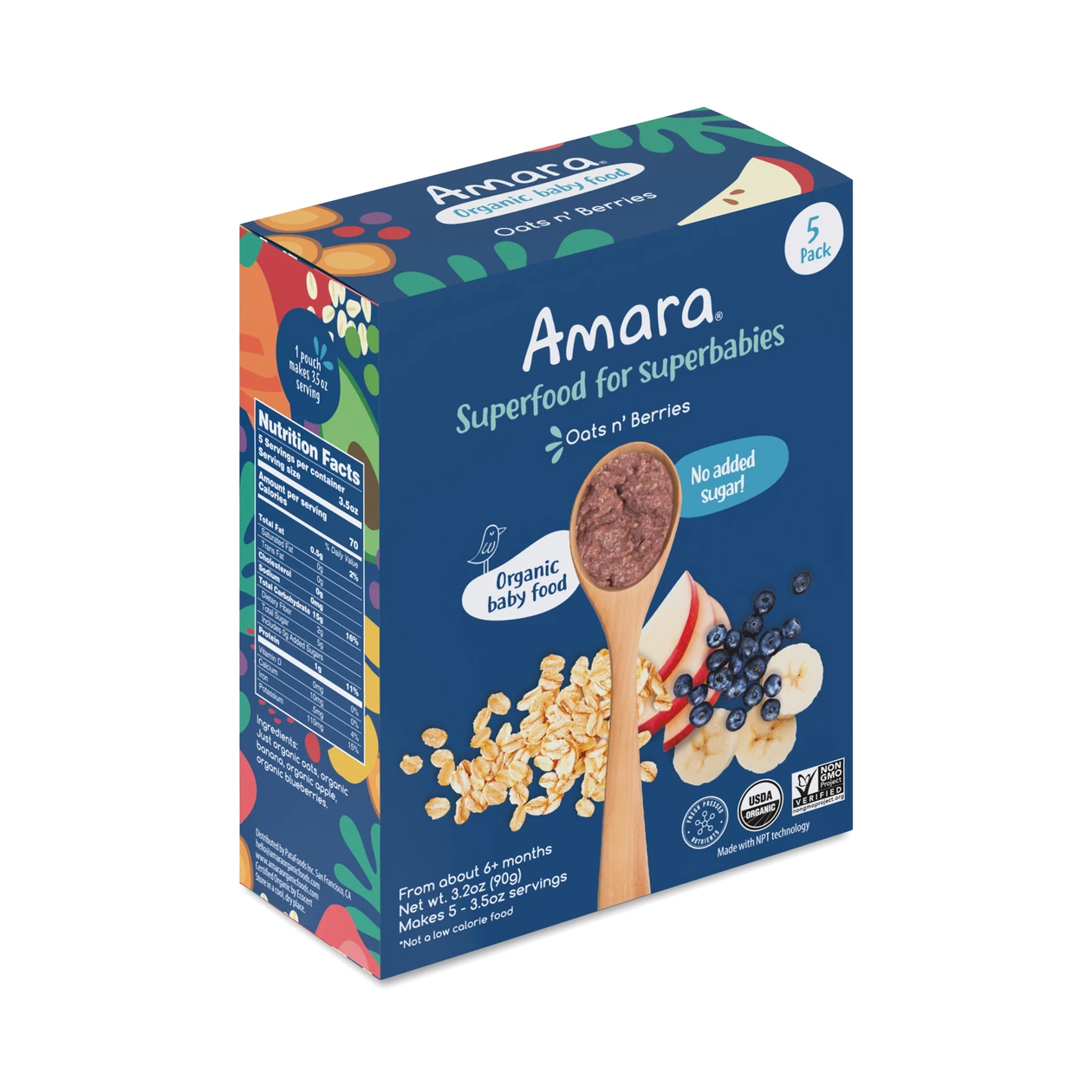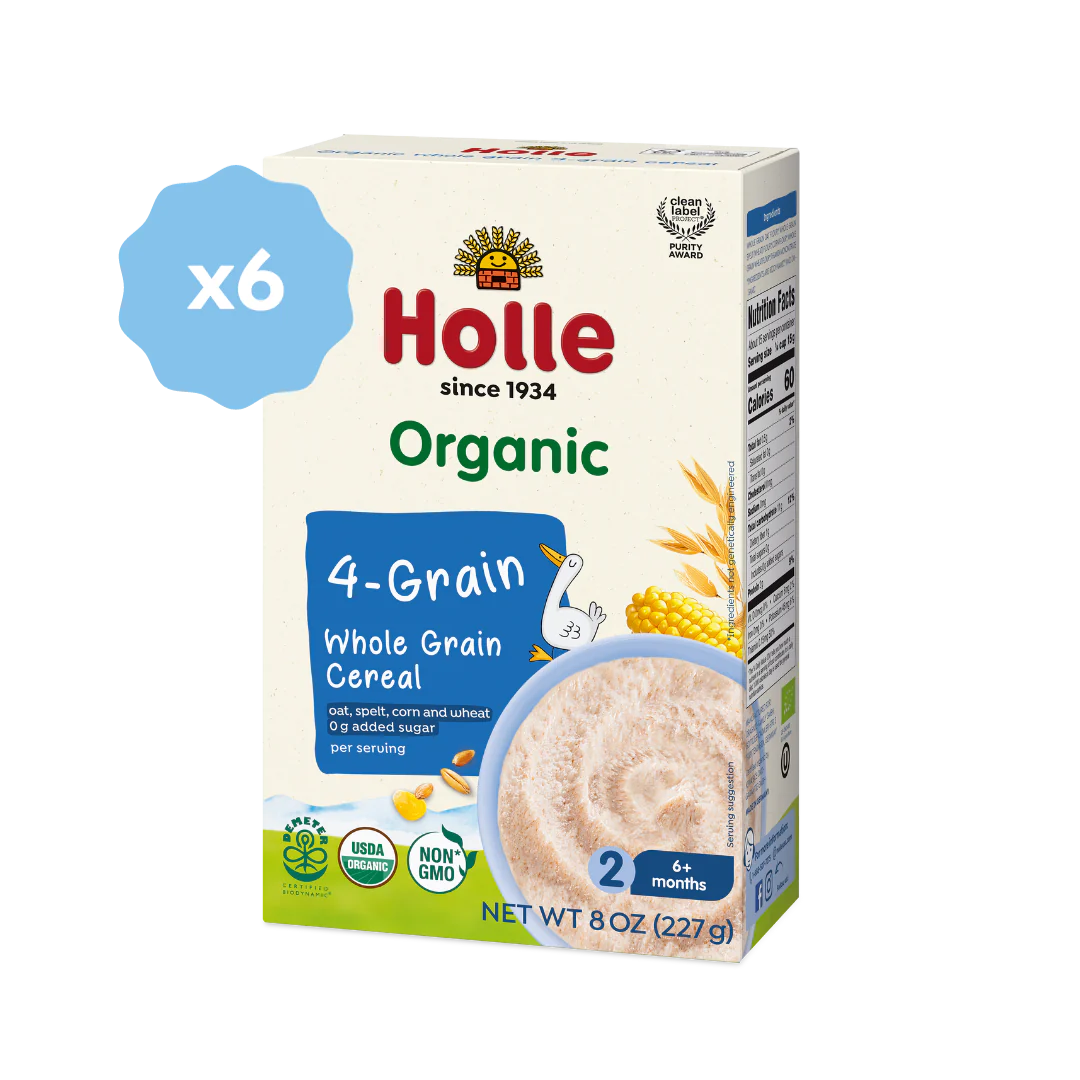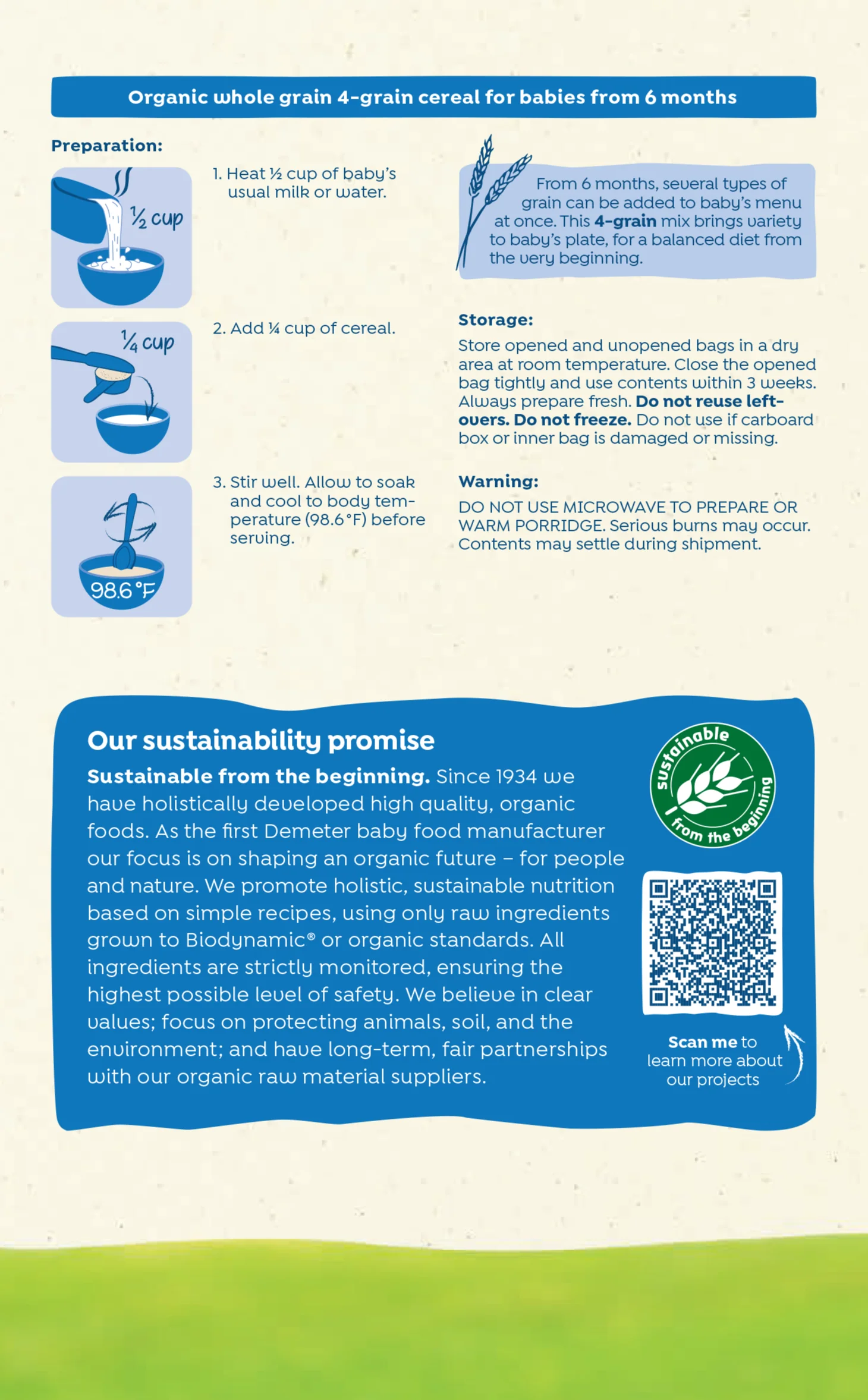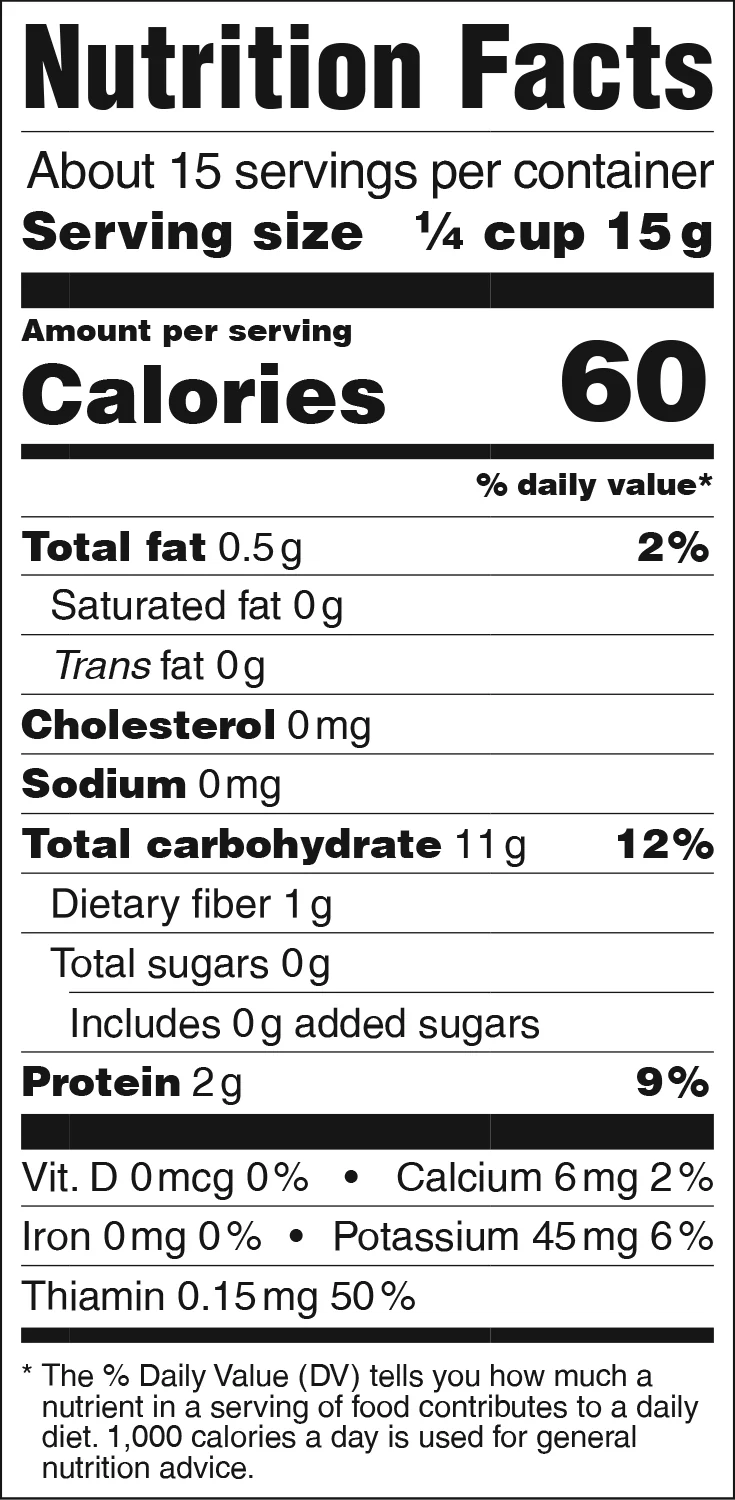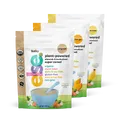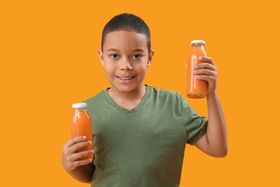6 Best Cerelac Alternatives for Babies: Healthy Baby, Healthy Start
Beyond Cerelac: Uncover top alternatives for your baby's first food adventure
Published July 24, 2024

Cerelac is a name synonymous with baby cereal in many households. It's a popular choice, readily available, and often the first thing that comes to mind when introducing solids to your little one. But while convenient, there might be better options than Cerelac for your baby's growing needs.
Let's explore why Cerelac might not be ideal and discover healthier alternatives for your baby's journey to solid foods.
» Try Else Nutrition Baby Super Cereal as a healthy alternative to Celelac
Our Pick: 6 Best Cerelac Alternatives
- Best Cerelac alternative for babies overall: Else Nutrition Baby Super Cereal
- Best Cerelac alternative for babies with sensitive stomachs: Earth's Best Organic Whole Grain Oatmeal Baby Cereal
- Best Cerelac alternative for babies for taste and texture: Nestle NESTUM® Wheat and Honey Baby Cereal
- Best nutrient-dense Cerelac alternative for babies: Ready Set Food Organic Baby Oatmeal Cereal
- Best Cerelac alternative with innovative ingredients for babies: Amara Superfood for Babies Oats and Berries
- Best budget-friendly Cerelac alternative for babies: Holle Organic Whole Grain Baby Cereal
» Follow these tips for a gentle transition from breastfeeding
Why Cerelac Might Not Be the Best First Food
Cerelac, though marketed as a convenient first food for babies, might not be the healthiest option. Many varieties sneak in hidden sugars, often listed as sucrose, brown sugar, or corn syrup solids. The American Academy of Pediatrics (AAP) strongly discourages added sugar in a baby's diet for the first two years.
Here's why:
- Weight Gain and Obesity: Excess sugar intake early in life can contribute to unhealthy weight gain and increase the risk of childhood obesity.
- Cavities: Sugar feeds the bacteria in a baby's mouth, accelerating tooth decay. As babies' teeth are emerging, cavities can be a serious concern.
- Preference for Sweet Foods: Exposure to sweet flavors early on can shape a baby's taste preferences, making them crave sugary foods later in life, potentially leading to unhealthy eating habits.
The body processes natural sugars from fruits and vegetables differently than added sugars. These natural sugars come with beneficial vitamins, fiber, and other nutrients, which slow sugar absorption, giving your baby sustained energy and essential nutrients for healthy growth.
Over the years, certain countries have experienced contamination scares from Cerelac products. While Nestle has taken steps to improve safety measures, these incidents can raise concerns for parents seeking a more controlled approach to their baby's food.
» Check out these tips for teaching your baby to chew
6 Best Cerelac Alternatives for Babies
Choosing the Right Cereal for Your Baby
While popular brands may be readily available, focusing on what's best for your baby's health should take priority when choosing a cereal. Here are some tips:
- Whole Grains: These offer more nutrients than refined grains. Opt for cereals made with oats (rich in fiber and iron), barley (a good source of prebiotics), and multi-grain blends (a variety of nutrients) over those with white rice or wheat flour as the main ingredient.
- Allergies: If allergies run in your family, introduce new grains one at a time, starting with single-grain cereals like oatmeal or barley. Monitor your baby for any allergic reactions, such as rashes, fussiness, or vomiting.
- Added Sugars: This can contribute to unhealthy taste preferences later in life and might increase blood pressure concerns. Look for ingredients like "maltodextrin" or "brown rice syrup," which are hidden sugars.
- Texture: Look for cereals with a smooth texture that readily mixes with breast milk, formula, or water. This makes swallowing and digesting easier for your baby, especially during the early stages of introducing solid foods.
- Organic Certified: These options prioritize whole grains and may offer natural sweetness from fruits. These can be a good choice if you're concerned about potential pesticide residues.
» Discover the signs that indicate feeding issues in your baby
Give Your Little One the Right First Food
There's no one-size-fits-all answer regarding your baby's first food. Popular options like Cerelac may not always be the healthiest, and the sheer number of cereals on the shelf can make it hard to decide. But—this abundance of choice is a good thing.
Instead of settling for the most recognizable brand, you can explore options packed with essential nutrients, like Else Nutrition Baby Super Cereal. With its focus on well-rounded nutrition, it's the perfect solution for your baby's taste buds and dietary needs.
» Skip generic options like Cerelac and try organic plant-based baby cereal
The content and advice provided in this article are for informational purposes only and are not a substitute for medical diagnosis, treatment, or advice for specific medical conditions. Always consult a pediatrician to understand the individual needs of your child.







